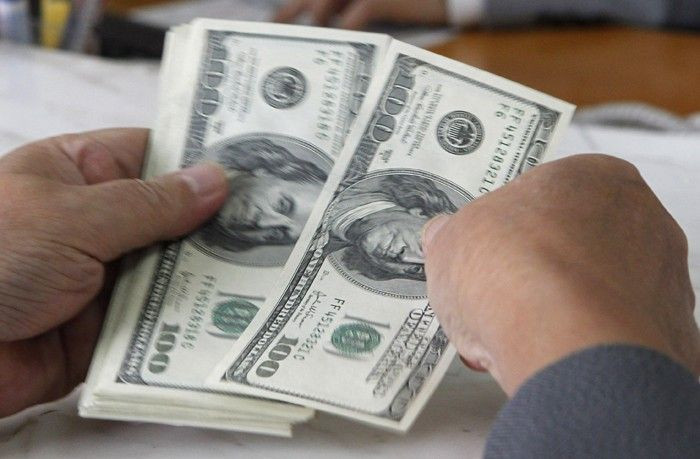Exclusive: U.S. small business borrowing up: PayNet

Borrowing by small U.S. businesses rose in January from the prior year, data released by PayNet Inc on Tuesday showed, but fell compared to December, underscoring the recovery's slow slog.
The Thomson Reuters/PayNet Small Business Lending Index, which measures the overall volume of financing to U.S. small businesses, rose 14 percent in January from a year earlier, PayNet said. Seasonally adjusted borrowing actually fell to just below November's level.
Small businesses are not coming out of the gate aggressively in 2011, William Phelan, PayNet's president and founder, said in an interview. We are calling it the long-haul recovery.
At this pace small business borrowing will not return to pre-recession levels for at least another year, and possibly two, he said.
With the U.S. jobless rate at 9 percent, small businesses are seen as key to the recovery, because they create most of the new jobs in the U.S. The money they borrow is usually earmarked for new equipment, which in turn can signal future hiring, as companies take on new employees to operate their new machines.
Late last year, however, companies appear to have borrowed largely to replace aging equipment rather than to expand capacity, Phelan said. Despite near-zero interest rates and smoothly functioning credit markets, small firms are not piling into new debt.
Congressman, you could pay me to borrow the money and I wouldn't do it because you can't guarantee me the customers, Texas Republican Representative Jeb Hensarling recounted a small businesswoman telling him recently.
Hensarling, who spoke with Reuters in an interview on Monday, is among those who says uncertainty over regulatory and tax policy is holding back such business owners.
Others say that small business owners simply are not convinced there will be enough demand for their products.
Separate data released by PayNet on Tuesday showed that fewer companies are falling behind on their existing loan payments.
Accounts behind 180 days or more, or in default and unlikely to ever get paid, fell to 0.75 percent of total receivables in January, from 0.78 percent in December, according to PayNet, which provides risk-management tools to the commercial lending industry.
Accounts 90 days or more behind in payment, or in severe delinquency, fell to 0.73 percent in January from 0.74 percent in December.
Accounts in moderate delinquency, or those behind by 30 days or more, edged up 0.2 percentage points to 2.52 percent in January, a slight increase that is expected given seasonal fluctuations, PayNet's Phelan said.
The Thomson Reuters/PayNet small business lending index is correlated to developments in the overall economy, with changes in the index preceding changes in the overall U.S. economy by two to five months.
PayNet collects real-time loan information, such as originations and delinquencies, from more than 200 leading U.S. capital equipment lenders.
© Copyright Thomson Reuters 2024. All rights reserved.





















